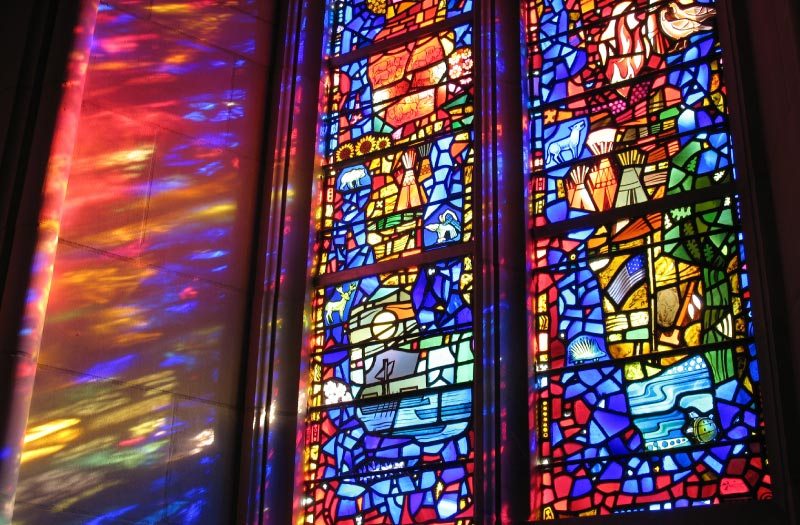Coming just three weeks after the historic Bostock v. Clayton County, Georgia case, the U.S. Supreme Court announced another significant decision in the labor and employment area – Our Lady of Guadalupe School v. Morrissey-Berru. The Court relied on precedent to deny the claims of two Catholic school teachers because part of their duties included teaching religion to elementary students; claims that would otherwise clearly would have been actionable against a non-religious employer. In doing so, the Court greatly expanded the “ministerial exception” to the employment protection laws.
In these cases, two elementary school teachers at Roman Catholic schools in the Archdiocese of Los Angeles had teaching responsibilities which included some religious instruction. Agnes Morrissey-Berru taught at Our Lady of Guadalupe School, and Kristen Biel taught at St. James School. Both were employed under nearly identical agreements that set out the schools’ mission to develop and promote a Catholic school faith community. Each taught religion in the classroom, worshipped with her students, prayed with her students, and had her performance measured on religious bases.
Both teachers sued their schools after their employment was terminated. Morrissey-Berru claimed that the school had demoted her and had failed to renew her contract in order to replace her with a younger teacher in violation of the Age Discrimination in Employment Act. Biel (who died in 2019) alleged that St. James discharged her because she had requested a leave of absence to obtain breast cancer treatment. The schools’ defenses were based on a 2012 Supreme Court case where a lay minister was terminated and the so called “ministerial exception” was created to allow religious employers to freely hire and fire their ministers.
The California plaintiffs were successful at the Appellate level, where the court found that because the women were not titled nor acting as “ministers,” they could sue the schools. The Supreme Court reversed, based on the religious teaching duties of the plaintiffs, saying their technical titles did not have to include “minister.”
Although the holding seems limited to teachers involved in religious instruction, the Court also relied on employment agreement language, the employee handbook, school policies, and value statements of the employer. The dissenting justices saw this as a great expansion of the “ministerial exception,” emphasizing that the teachers spent only a small part of their time in religious instruction and did not even have to be of the Catholic faith (!). Justice Sotomayor wrote that the decision would affect employees other than teachers, mentioning “coaches, camp counselors, nurses, social-service workers, in-house lawyers, media relations personnel and many others who work for religious institutions,” thus giving religious employers a very broad exemption from the fair employment laws.
If you or a loved one has been discriminated against, especially if it affects a number of employees in the same situation, you should act promptly to seek advice. This is important both in order stop the unfair practices, and because employment protection laws have strict filing deadlines which could bar your claim. Pelton Graham is here to help.


Leave A Comment